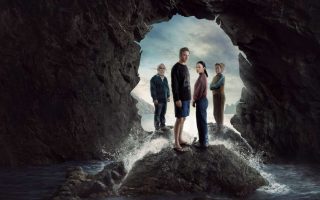[Dark water (Kaala Paani) Review Netflix] A pandemic disease series with a deep and complex storyline into the depths of the human psyche.
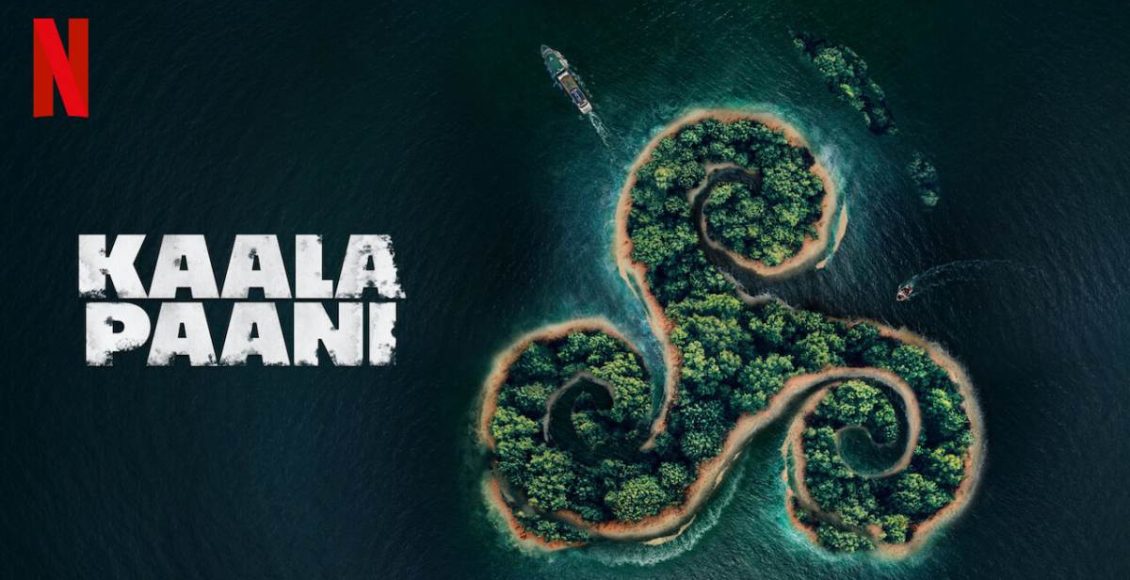
Dark water (Kaala Paani)
Summary
The series tells the story of a deadly pandemic, similar to COVID-19 but even more severe, on a remote island in India. It depicts the struggle for survival of various characters from a society on the brink of collapse, delving deep into human emotions and complexities. It has moments of intricate storytelling, with a narrative style reminiscent of Indian cinema twist. However, it has the drawback of frequently skipping important time periods, making the story appear disjointed, the scenes that reveal secrets are inserted so abruptly that they lack the finesse in their presentation. Despite these flaws, the series remains compelling and worth watching.
Overall
7/10User Review
( votes)Pros
- A pandemic similar to COVID-19 but more severe
- The story is set on a remote island in India
- Many well-developed characters
- Diverse range of emotions
- Several intricate storytelling moments
Cons
- Tell the story by skipping over important events multiple times.
- Reveal the secrets straightforwardly.
ADBRO
Dark water (Kaala Paani) An Indian Netflix series with 7 episodes, set on a small island in India. When a mysterious pandemic disease breaks out, causing black lesions to appear on the back of the neck and leading to subsequent death, the island is hosting a festival for thousands of tourists. Everyone is trapped on this island and must find a way to survive on their own.

Dark water (Kaala Paani) Review (No Spoier)
The story revolves around a pandemic of a much larger scale than typical Indian series, even though it is set on an isolated island. It presents a highly contagious and globally spreading disease, similar to COVID, (in the series, the year is 2027) The disease originates from the island’s tap water, caused by a bacterium. In this series, the focus isn’t directly on depicting the spread of the disease but rather on surviving on the island. Each character relies heavily on shared resources, and they each have their unique motivations and backstories. Alongside the struggle for survival, the series also explores the mystery surrounding the pandemic
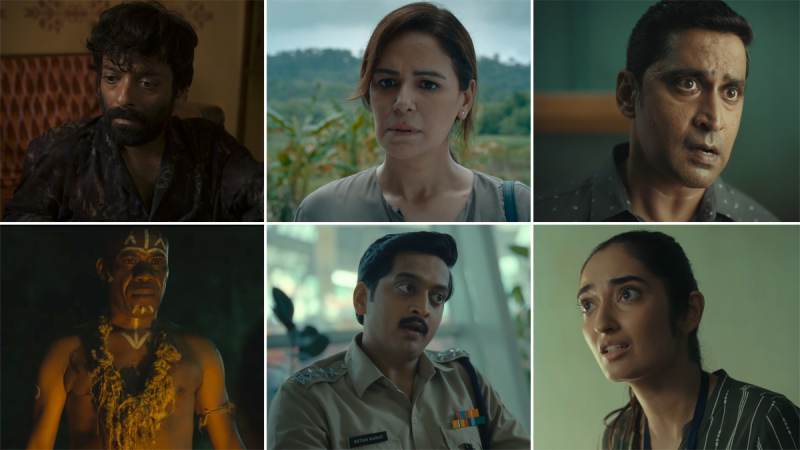 The story features a multitude of main characters, including the deputy head, police officers, doctors, scientists, tour guides, families of tourists, and even the island’s regular forest dweller. These characters are gradually introduced as the narrative unfolds in a quiet manner, each with their own unique background stories. The series spans over a lengthy 70-minute duration in its initial episode, with a wealth of information being presented. each character mysteries that are introduced without immediate , which may leave viewers perplexed. It’s only the dedicated efforts of Dr. Singh to uncover the root of the pandemic that encourages viewers to stay engaged. As a result, the first episode may not immediately captivate the audience.
The story features a multitude of main characters, including the deputy head, police officers, doctors, scientists, tour guides, families of tourists, and even the island’s regular forest dweller. These characters are gradually introduced as the narrative unfolds in a quiet manner, each with their own unique background stories. The series spans over a lengthy 70-minute duration in its initial episode, with a wealth of information being presented. each character mysteries that are introduced without immediate , which may leave viewers perplexed. It’s only the dedicated efforts of Dr. Singh to uncover the root of the pandemic that encourages viewers to stay engaged. As a result, the first episode may not immediately captivate the audience.
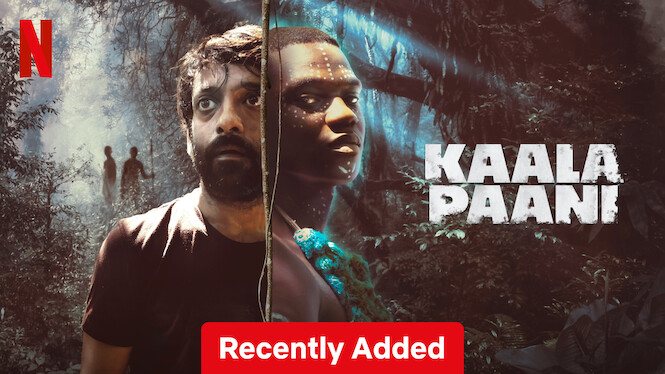 After the conclusion of episode 1, episode 2 takes the narrative to a tourist event in the city. The series rapidly accelerates its pace, transitioning from the initial slow and somewhat perplexing setup to a large-scale story. When authorities begin to restrict tourists without clearly explaining the situation they’re facing, a crisis unfolds at the event immediately. The series shifts from a somewhat tranquil atmosphere to a scenario reminiscent of a small-scale zombie movie, with a large number of people attempting to escape from the island. The series abruptly scales up its storytelling, and viewers who have been anticipating this development are not disappointed by the sudden shift in the narrative
After the conclusion of episode 1, episode 2 takes the narrative to a tourist event in the city. The series rapidly accelerates its pace, transitioning from the initial slow and somewhat perplexing setup to a large-scale story. When authorities begin to restrict tourists without clearly explaining the situation they’re facing, a crisis unfolds at the event immediately. The series shifts from a somewhat tranquil atmosphere to a scenario reminiscent of a small-scale zombie movie, with a large number of people attempting to escape from the island. The series abruptly scales up its storytelling, and viewers who have been anticipating this development are not disappointed by the sudden shift in the narrative
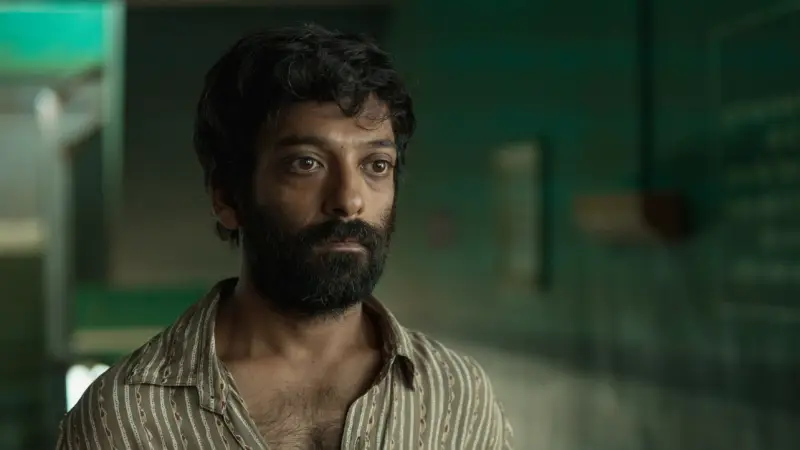 In episode 3, the narrative takes a leap of 7 days, incorporating lockdown and curfew elements. The focus shifts from large-scale scenes to more intimate, personal stories. The characters, who were numerous in the earlier episodes, now start to explore their own individual stories in the context of the ongoing COVID-19-like pandemic on the island. It highlights the struggle for survival in a society that is gradually deteriorating due to being cut off from the outside world, similar to the effects of COVID. The storytelling becomes more profound and engaging, with episode 4 onwards delving into the mystery surrounding the pandemic, involving the forest dweller, and even reaching back to World War II with the addition of Japanese military characters. The series becomes significantly more complex and manages to tie together various character effectively, including those of the initially less prominent characters, turning them into unexpected protagonists with compelling stories.It’s evident that the series has a much deeper and more intricate plot than what was initially seen, and it skillfully weaves the Loser character into the narrative, making the storylines for all characters much more compelling and engaging.
In episode 3, the narrative takes a leap of 7 days, incorporating lockdown and curfew elements. The focus shifts from large-scale scenes to more intimate, personal stories. The characters, who were numerous in the earlier episodes, now start to explore their own individual stories in the context of the ongoing COVID-19-like pandemic on the island. It highlights the struggle for survival in a society that is gradually deteriorating due to being cut off from the outside world, similar to the effects of COVID. The storytelling becomes more profound and engaging, with episode 4 onwards delving into the mystery surrounding the pandemic, involving the forest dweller, and even reaching back to World War II with the addition of Japanese military characters. The series becomes significantly more complex and manages to tie together various character effectively, including those of the initially less prominent characters, turning them into unexpected protagonists with compelling stories.It’s evident that the series has a much deeper and more intricate plot than what was initially seen, and it skillfully weaves the Loser character into the narrative, making the storylines for all characters much more compelling and engaging.
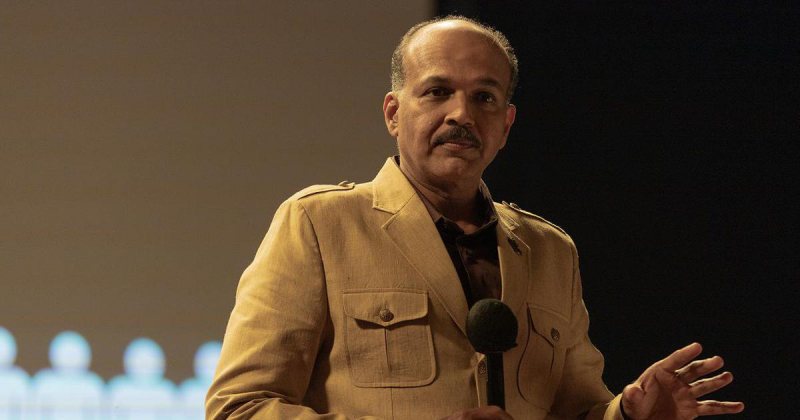 Furthermore, the storyline also emphasizes the moral choices of the characters throughout the series. It involves situations where individuals have to decide who survives, such as a pregnant mother who must sacrifice her child to save herself or trading the life of a forest dweller for a hundred thousand city dwellers. Which choice is the right one? The series introduces such scenarios, which not only challenge the viewers with moral decisions but also become intricate turning points in the future. It leads to shockingly unexpected actions by the characters, causing both the initially good and bad characters to surprise one another. This series delves deep into the human psyche more effectively than anticipated.
Furthermore, the storyline also emphasizes the moral choices of the characters throughout the series. It involves situations where individuals have to decide who survives, such as a pregnant mother who must sacrifice her child to save herself or trading the life of a forest dweller for a hundred thousand city dwellers. Which choice is the right one? The series introduces such scenarios, which not only challenge the viewers with moral decisions but also become intricate turning points in the future. It leads to shockingly unexpected actions by the characters, causing both the initially good and bad characters to surprise one another. This series delves deep into the human psyche more effectively than anticipated.
 The main problem with this series is that it often chooses to skip over several things. For instance, in episode 3, it doesn’t explain what’s happening in the outside world or how India is providing assistance. These aspects are not shown or explained. Some characters who start to get sick suddenly die without any death scene. Many scenes in this series are narrated out of order, making it a bit confusing. While it’s somewhat understandable, it still leaves questions unanswered. Moreover, the scenes that reveal secrets are inserted so abruptly that they lack the finesse in their presentation.
The main problem with this series is that it often chooses to skip over several things. For instance, in episode 3, it doesn’t explain what’s happening in the outside world or how India is providing assistance. These aspects are not shown or explained. Some characters who start to get sick suddenly die without any death scene. Many scenes in this series are narrated out of order, making it a bit confusing. While it’s somewhat understandable, it still leaves questions unanswered. Moreover, the scenes that reveal secrets are inserted so abruptly that they lack the finesse in their presentation.
The series wraps up most of the issues on the island in the first season and introduces a new storyline in the final episodes, set in a new and intriguing location. It’s expected that they’ll continue this, as this is an Indian series created to have a broader global appeal compared to previous Netflix productions.







